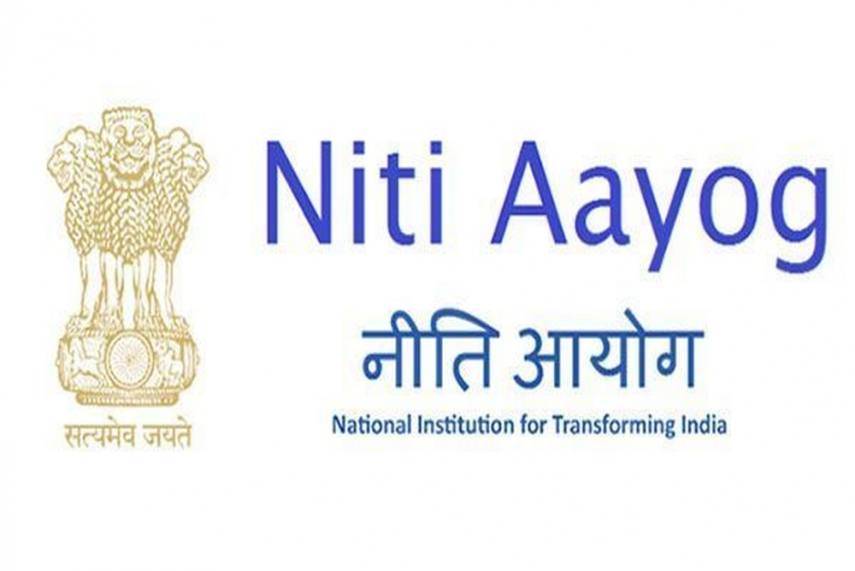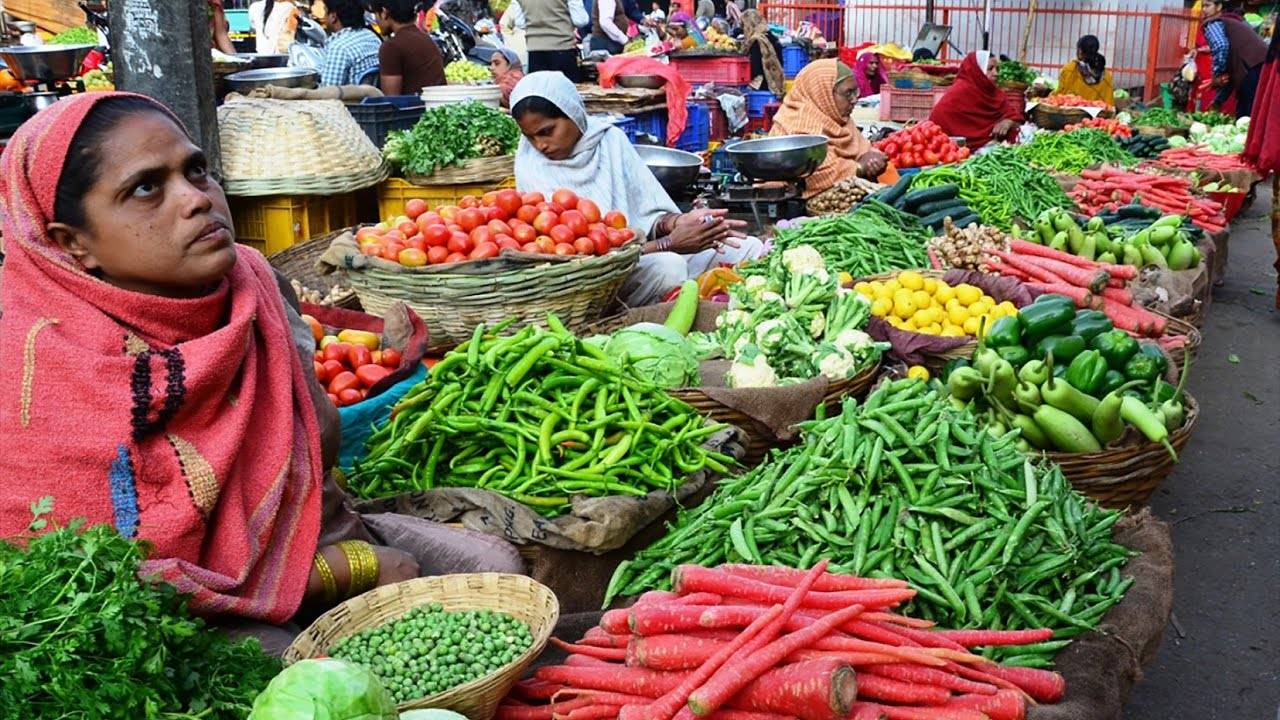
Amid the countrywide lockdown, NITI Aayog member and agricultural policy expert Ramesh Chand has come up with a recommendation to the government that the Agricultural Produce Market Committee (APMC) Act be kept in suspended animation for the next six months in view of the COVID-19 outbreak. This should be done across states even if an ordinance is required, he said, to ease pressure on farmers and ensure smooth supply of farming goods.
As per reports, the government is considering the recommendation seriously, according to people aware of the matter. Moreover, the APMC Act empowers state governments to specify market areas – operated and regulated by market committees – where farmers bring their produce for sale. Any relaxation in the provisions of the Act will have to be done through state governments.

“I have recommended that the APMC Act kept in suspended animation for six months. Whether this is legally possible or not will have to be seen. It may require the ordinance route. States can and should do so,” Chand told Economic Times.
The NITI Aayog member further suggested that farmers be allowed to take processed or cleaned up produce directly to the warehouse. So far the Centre has relaxed norms to allow them to ferry produce to ‘accredited’ warehouses besides mandis and extended the procurement period till June 30 from May-end.
“It is also advisable to allow farmers to deliver at warehouses directly and bring produce after cleaning in fields itself – work which was earlier done at the mandi. The farm is safer vis-a-vis the more congested mandi for such activity,” said Chand.
Noting that the agriculture sector has not been as heavily impacted by the pandemic as most other sectors, Chand said that an economic package is required for the entire economy and other sectors where the impact is much stronger. He also indicated that the upcoming harvesting situation is under control.
Prolonged Lockdown May Lead to Automatic Economic Lockdown
Chand, who is also a member of the 15th Finance Commission, further advised that a prolonged lockdown could push the economy into an “automatic lockdown” where it would become difficult to prevent a decrease in gross domestic product (GDP).










